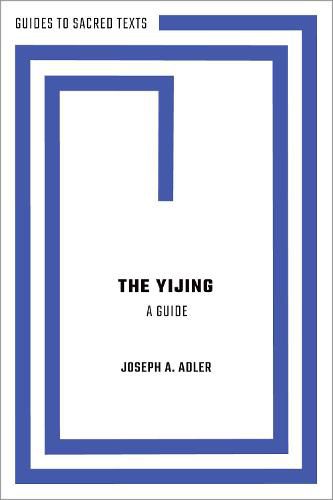Readings Newsletter
Become a Readings Member to make your shopping experience even easier.
Sign in or sign up for free!
You’re not far away from qualifying for FREE standard shipping within Australia
You’ve qualified for FREE standard shipping within Australia
The cart is loading…






Despite its enduring popularity both in China and worldwide, the Yijing is often poorly understood. As a divinatory text, it has a devoted following in the western hemisphere, even as it represents a foundational text of both Confucianism and Daoism. A fascination with the Yijing has been evident among western scholars since the Enlightenment, as well as in notable modern literary and artistic figures. This book provides an introduction for the general reader to this classic sacred text. Joseph A. Adler explains its multi-layered structure, its origins, its history of interpretation from the early first millennium BCE up to the present day, its function of divination, its significance in the history of Chinese thought, and its modern transformations. He explores why the Yijing has been considered the most profound expression of traditional Chinese thought and what meaning it can have for contemporary readers.
$9.00 standard shipping within Australia
FREE standard shipping within Australia for orders over $100.00
Express & International shipping calculated at checkout
Despite its enduring popularity both in China and worldwide, the Yijing is often poorly understood. As a divinatory text, it has a devoted following in the western hemisphere, even as it represents a foundational text of both Confucianism and Daoism. A fascination with the Yijing has been evident among western scholars since the Enlightenment, as well as in notable modern literary and artistic figures. This book provides an introduction for the general reader to this classic sacred text. Joseph A. Adler explains its multi-layered structure, its origins, its history of interpretation from the early first millennium BCE up to the present day, its function of divination, its significance in the history of Chinese thought, and its modern transformations. He explores why the Yijing has been considered the most profound expression of traditional Chinese thought and what meaning it can have for contemporary readers.